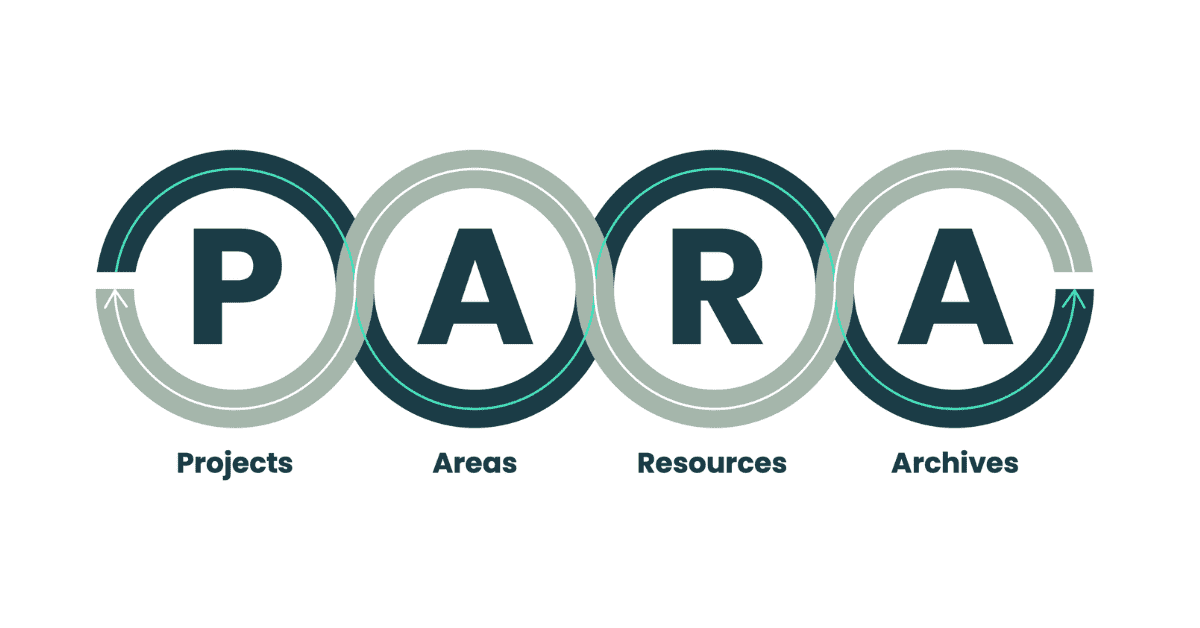- cross-posted to:
- [email protected]
- cross-posted to:
- [email protected]
The thing falls apart at the “small number of subfolders” thing. To really offload shit, there’d be dozens of subfolders, making the whole thing cumbersome.
Besides, you’d need to shuffle stuff around constantly, ("is this a project or is it finished?) making it hard to find, making the whole thing obsolete.
You’d still need to name and tag and categorize anything behind the subfolders. At that point, you can just ditch the topevel folders and have everything in a system like paperless or something.
Someone who has issues with sorting and categorizing will not profit from that system at all, just create a mess in 4 folders. So it’s just one of those systems that is only good if you are already good at sorting and this don’t need a system like that in the first place.
I don’t know. Projects inherently get finished. That’s kind of the point of projects.
Areas are “projects that are never finished”.
A project is “buy Christmas gifts” but I might keep my list of gift ideas in the Areas folder in a file dedicated to tracking gift ideas (which I need because I’m terrible at that). When I get a good idea for a gift I just throw it into my inbox file and move on with my day. Occasionally, I sit down and run through that inbox and file stuff into better places (like the gift ideas file).
Resources are things that you can share publicly. You should be comfortable publishing that folder to the web, for instance.
These are meaningful distinctions for me.
I do use my projects folder like a project list. That’s how I keep track of what I’m working on. I’m pretty absent minded so this system helps me to easily scan that list and figure out what I can do right now on something to make progress.
Hmmm, thanks for the thoughts. Any better mental frameworks for organization?
If you have five things that are related, put them in a folder. Repeat. Eventually you end up with maybe ten distinct folders.
I like this, nice and simple
I use this method and the only place where there isn’t some slight categorisation going on is the projects folder, because these are relatively short lived and then archived in their respective category again. For example university stuff has its own Area and Archive folder because otherwise it would be too much.
You can always argue that productivity methods like this don’t work, because some certainly don’t work for some people or some special workflows. But these methods can always be changed or just discarded. I’ve read a few books on productivity stuff and found some middle ground that works well for me, just like everyone should do if that interests them.



